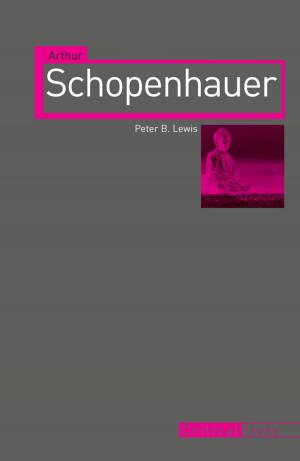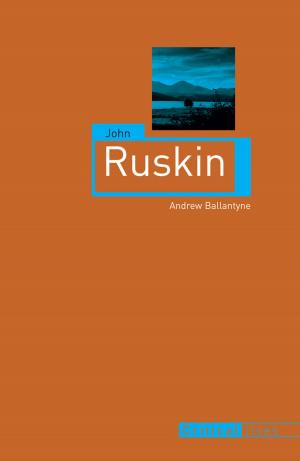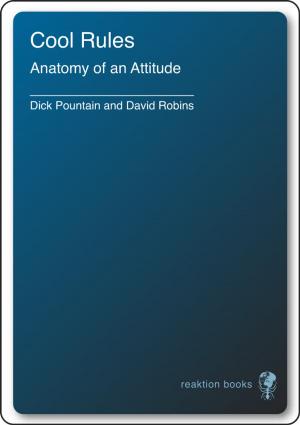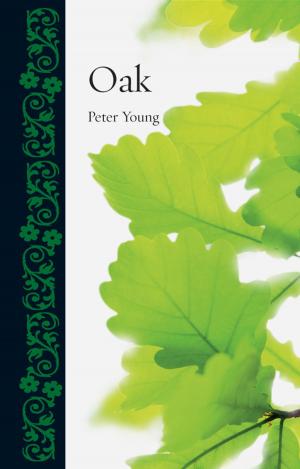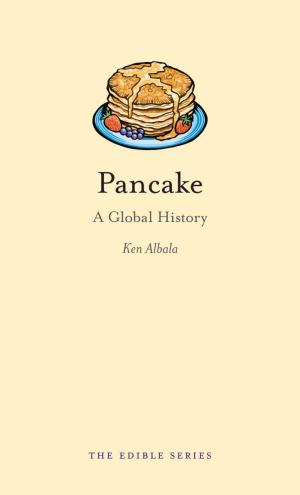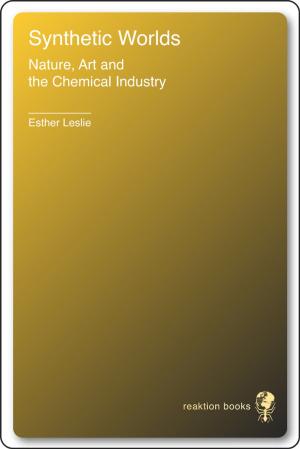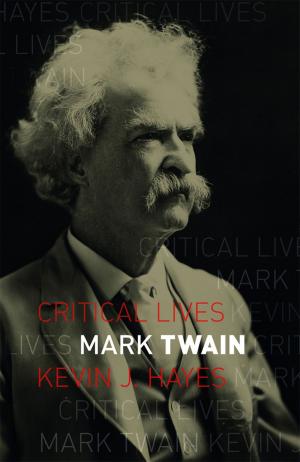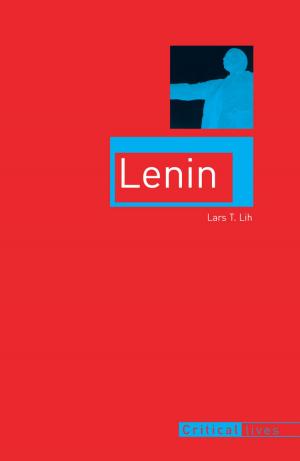On Garbage
Nonfiction, Science & Nature, Nature, Environment, Ecology, Religion & Spirituality, Philosophy| Author: | John Scanlan | ISBN: | 9781861896346 |
| Publisher: | Reaktion Books | Publication: | March 1, 2005 |
| Imprint: | Reaktion Books | Language: | English |
| Author: | John Scanlan |
| ISBN: | 9781861896346 |
| Publisher: | Reaktion Books |
| Publication: | March 1, 2005 |
| Imprint: | Reaktion Books |
| Language: | English |
How do we decide what is junk? The discarded remnants of our daily lives may no longer be useful to us, yet John Scanlan proposes in On Garbage that our trash is actually a treasure trove of artifacts that reveals intriguing insights into the modern human condition and the evolution of Western culture.
On Garbage is the first book to examine the detritus of Western culture in full range—not only material waste and ruin, but also residual or "broken" knowledge and the lingering remainders of cultural thought systems. Scanlan considers how Western philosophy, science, and technology attained mastery over nature through what can be seen as a prolonged act of cleansing, as scientists and philosophers weeded out incorrect, outmoded, or superseded knowledge. He also analyzes how disposal not only produces overwhelming mountains of waste, but creates dead bits of useless knowledge that permeate the reality of modern Western societies. He argues that physical and intellectual debris reveal new insights into the basic tenets of Western culture and, ultimately, that the abject reality of our disposable lives has led to us becoming the "garbage" of our times.
How do we decide what is junk? The discarded remnants of our daily lives may no longer be useful to us, yet John Scanlan proposes in On Garbage that our trash is actually a treasure trove of artifacts that reveals intriguing insights into the modern human condition and the evolution of Western culture.
On Garbage is the first book to examine the detritus of Western culture in full range—not only material waste and ruin, but also residual or "broken" knowledge and the lingering remainders of cultural thought systems. Scanlan considers how Western philosophy, science, and technology attained mastery over nature through what can be seen as a prolonged act of cleansing, as scientists and philosophers weeded out incorrect, outmoded, or superseded knowledge. He also analyzes how disposal not only produces overwhelming mountains of waste, but creates dead bits of useless knowledge that permeate the reality of modern Western societies. He argues that physical and intellectual debris reveal new insights into the basic tenets of Western culture and, ultimately, that the abject reality of our disposable lives has led to us becoming the "garbage" of our times.

